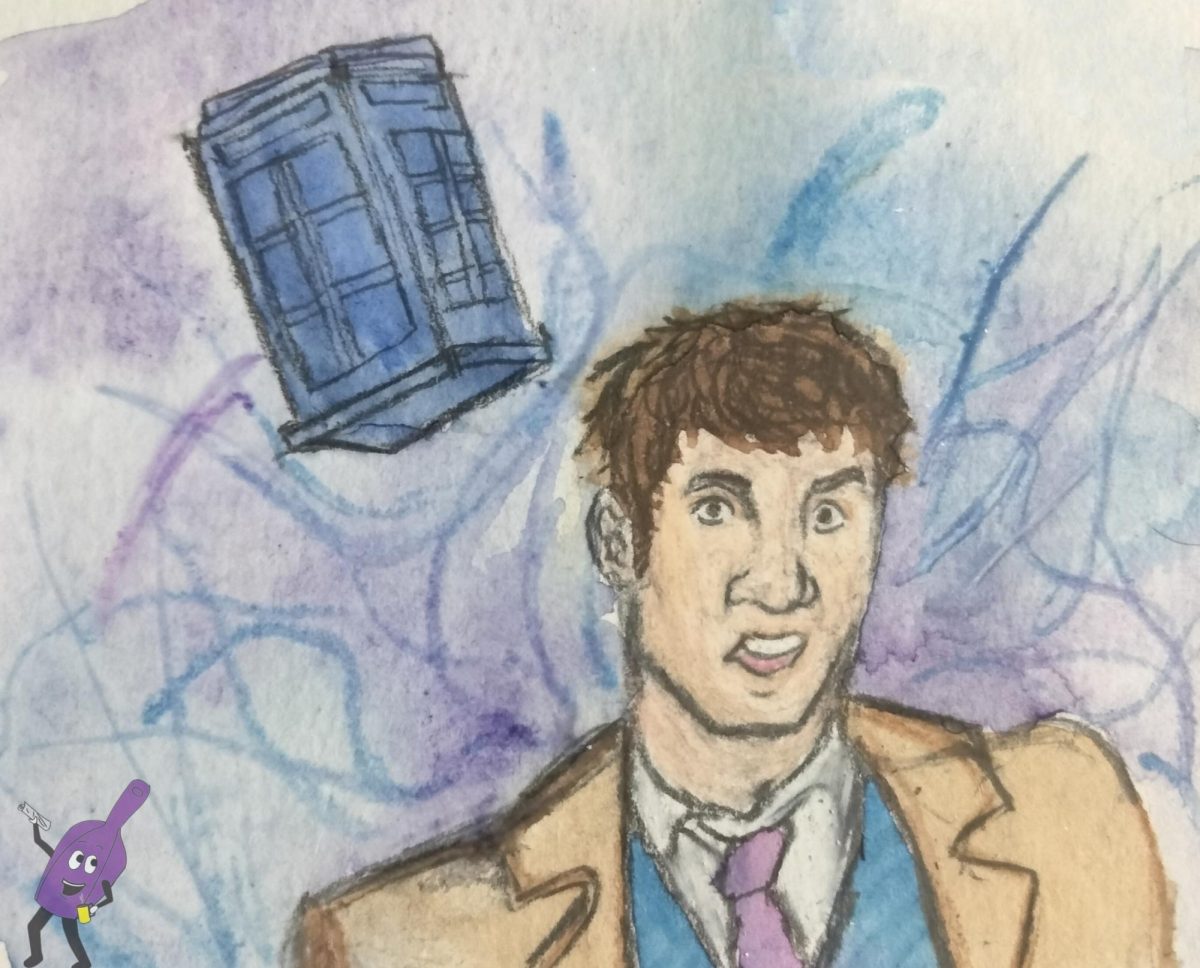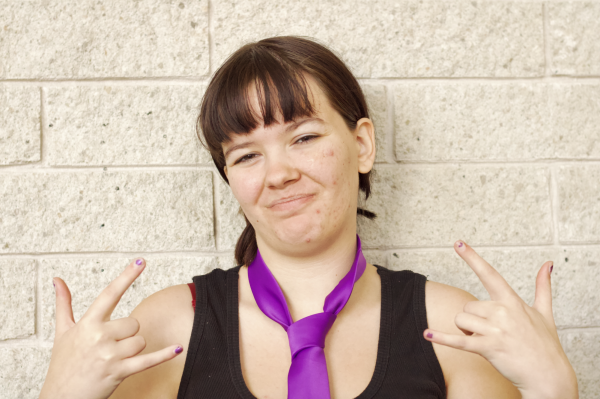Dr. Who is a well known show that has managed to continue to captivate its audience even after 60 years. How does it do this? By adjusting to the current audience. Oftentimes it is considered “too controversial” or a risk to viewer numbers to include openly queer characters in the media, but this fear is completely disregarded by Dr. Who producers. This ability to step outside of the expected gained the show massive amounts of support from queer viewers.
Transgender representation
In the very first special episode we meet Rose, A funny and rebellious character who is the daughter of The Doctor’s friend Donna. We learn that she is trans through subtle remarks but her transition is never the main topic of importance.
This ability to show a queer character and not focus on the fact that they are queer, but instead what they contribute to the plot is one of the most valued forms of representation among the LGBTQ+ community.
Rose is simply a girl who helps to save the world. The producers were able to give us an insight into her background through her grandma’s remarks and small reminders of the difficulties she had gone through in her transition, while making her a relatable and important character for her personality rather than her gender.
The connection to the characters and their stories is one of the reasons that I and so many others are drawn to the show and it is a theme repeated throughout.
For the entire show we have seen the doctor shift bodies and personalities while constantly reminding people that “[they’re] not a man, not a human being. [They’re] a complex space-time event” (11th Doctor) dispelling and going against many of society’s expectations and gender constructs.
By creating a time lord who lives without the bonds of gender the producers also opened themselves up to many more opportunities within the plot such as having actors of different genders playing The Doctor over time and creating a queer show supported by queer fans.
Gay representation
Another revelation that we as fans got in the special episodes was that The Doctor is, in some way, gay. This idea comes up not once, but twice in the specials. Firstly, the 14th Doctor met Issac Newton while being lost in time and their best friend, Donna Noble, mentioned that she thought that Issac Newton was hot. The Doctor’s response: “He was, wasn’t he? He was so hot. Oh! So that’s who I am now.”
Was this The Doctor coming out to Donna? I like to think so. Many shows make their entire focus on a character coming out and almost create more of a stigma around it by overdramatizing being queer in the world we live in. This can dissuade people from being themselves through a fear of the drama and uprising that coming out causes in films.
In making their comment on sexuality a passing thought, the show is highlighting that who you love is not who you are and it does not need to be a big deal for the people around you.
The Doctor spends their life advocating for humanity and its betterment and I believe that they are in fact a major player in that.
This leads me to my next point when we learn that the 15th Doctor, who appeared in the 3rd special episode, had a “hot summer” with Harry Houdini.
Ncuti Gatwa took the role of a genderqueer timelord in stride and played the role perfectly in his first full episode for the Christmas special bragging about his past relationship with Harry Houdini and furthering the notion that queer people have absolutely nothing to be ashamed of.
He was able to break fashion stereotypes as well by rocking a variety of skirts throughout the episode proving that clothes do not define gender while looking incredible. One episode into his role he is already advocating for building a society where kids feel safe to express themselves however they see fit.
So what?
Doctor Who portrays queer people not as something extra or separate, but simply as part of humanity while being absolutely unapologetic for it.
In the society we live in, we are so often looked down upon for existing somewhere outside of gender norms. By having shows like this one, simply acknowledging that queer people exist and are no less than anyone else, we are promoting a free and diverse society.
Around the world children especially are so often told who they are supposed to be and punished for not adhering to those standards. To know that there are people out there like you is powerful and, for some, even lifesaving. Whether it is seeing that men can wear skirts, or understanding the connections between yourself and others, everyone watching Dr. Who has something to learn.
Overall, the specials absolutely blew me away by bringing in old characters and creating an entertaining story that felt authentic in its character development and story line. It has brought me and so many other fans so much joy to see accurate and respectful representation make its way into current shows and I can’t wait to see what else Ncuti Gatwa has in store for us this year.





